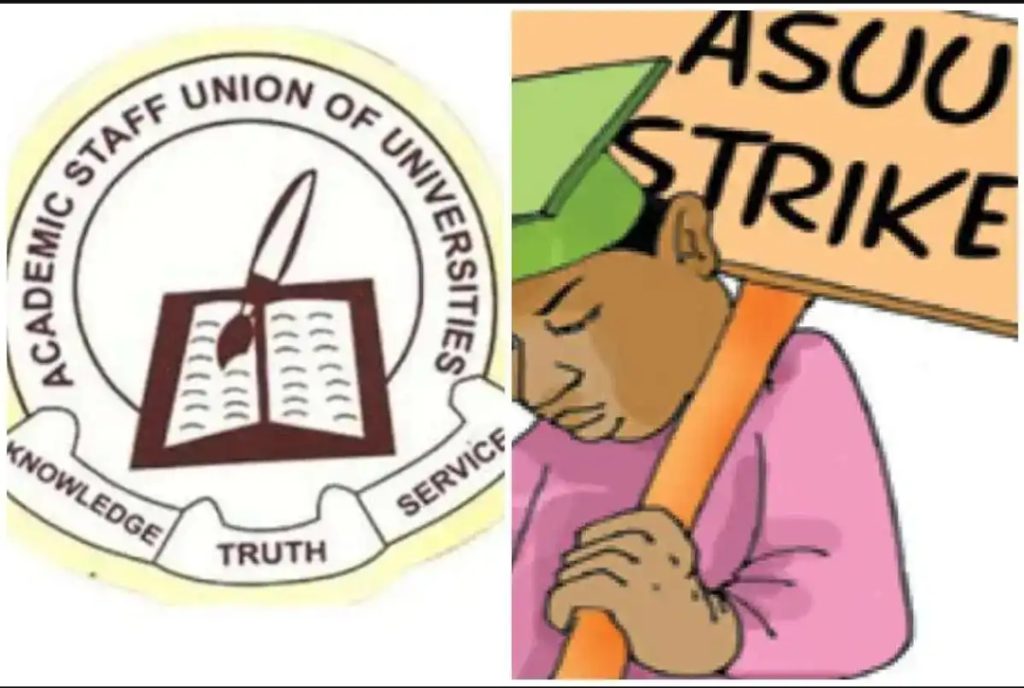The Chronicles of the Second Longest Academic Strike in Nigeria – Yet. Vol. 7
A Final Note

As devastating as the effect of strikes may seem on students, academic and non-academic staff, and the quality of education, there is also a cumulative heart-wrenching aftermath on the country’s economy. Those affected are an integral part of the Nigerian economy and their travails have a negative ripple effect on nation-building and development.
A noteworthy example that we can all easily relate to here in Ibadan is the case of the supposed “Ibadan June doctors” who were due to write their final medical board examination in June but could not do so until mid-December, 2022. This delay meant that they could not become house officers as at when due and this in return led to a strain on the already fragile health sector where there were no available house officers to fill the vacancies of housemanship. It not only affected the medical students but also affected the health sector during the period the strike lasted.
Similarly, business activities were truncated. Campus vendors with financial obligations and responsibilities that are not mostly commensurate to their means of livelihood depend solely on the money made from the sales of goods and services in the university community. This stream of income, which in most instances is insufficient, is always affected by academic strikes.
This strike led also to the resignation of and subsequent migration of essential staff of the tertiary education system further depleting the pool of scarce qualified personnel. The Nigerian University system suffered more brain drain than it has ever undergone. The ensuing brain drain has now sadly extended to the educational system. It is this grim reality Nigeria is facing now. How do we move forward when the people qualified enough to train the Nigerian students are leaving the country?
We can try to view the strike through different lenses and through each, the perception is different. Is it right for the Academic Staff Union of Universities to go on strike? Is it rational that the Federal Government ignored their requests? How long till the next strike action? These are questions that we will keep resurfacing. A couple of things are clear. First, Nigerian youths have a right to education and it is the responsibility of the Federal government to see that they get educated. Second, each time ASUU goes on strike, everyone suffers the effect – directly or indirectly. And lastly, the cause, not the action, will always be justified because the individuals involved have the right to earn off what they do, whether it comes from a place of passion or a desire to live comfortably.
In conclusion to this series of articles on the longest academic strike action yet in the Nigerian educational system, the harrowing experiences and gory tales will not stop haunting the victims in the shortest time possible rather, may linger for an unforeseeable period. It will take the intentional efforts of every stakeholder to make the tertiary educational system an enabler of national development where the dreams and aspirations of every Nigerian child can be materialised therefore, turning the economic fortunes of Nigeria from one of hopelessness and despondency to one of prosperity.
what do you think about these series of articles on the strike action? Kindly leave your comments below.
Peter Adeyemo and Afeezah Wojuade.




